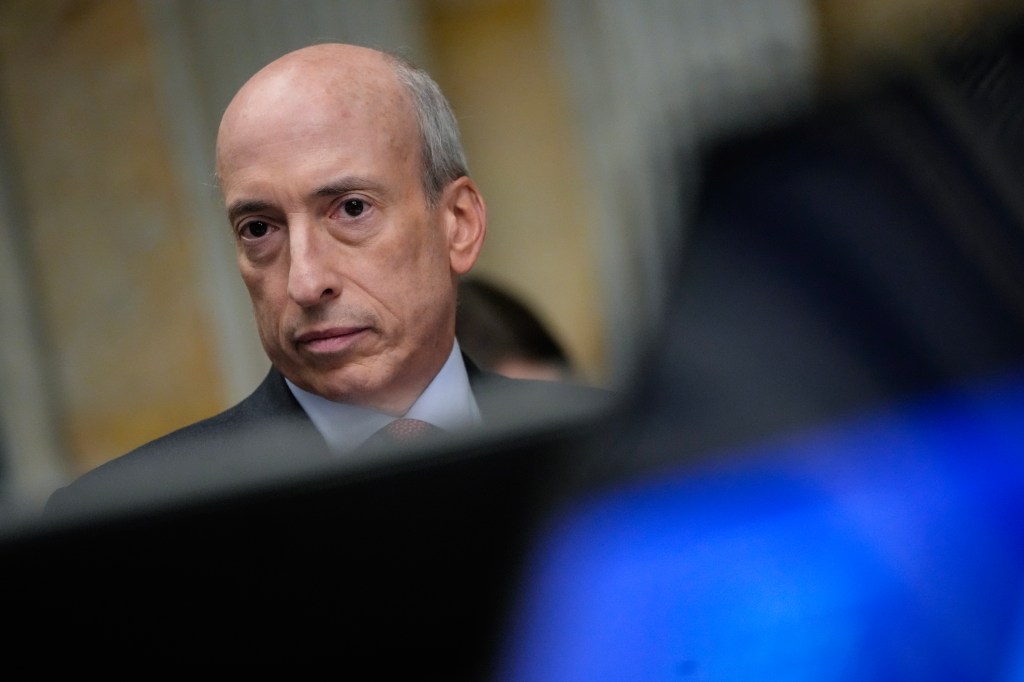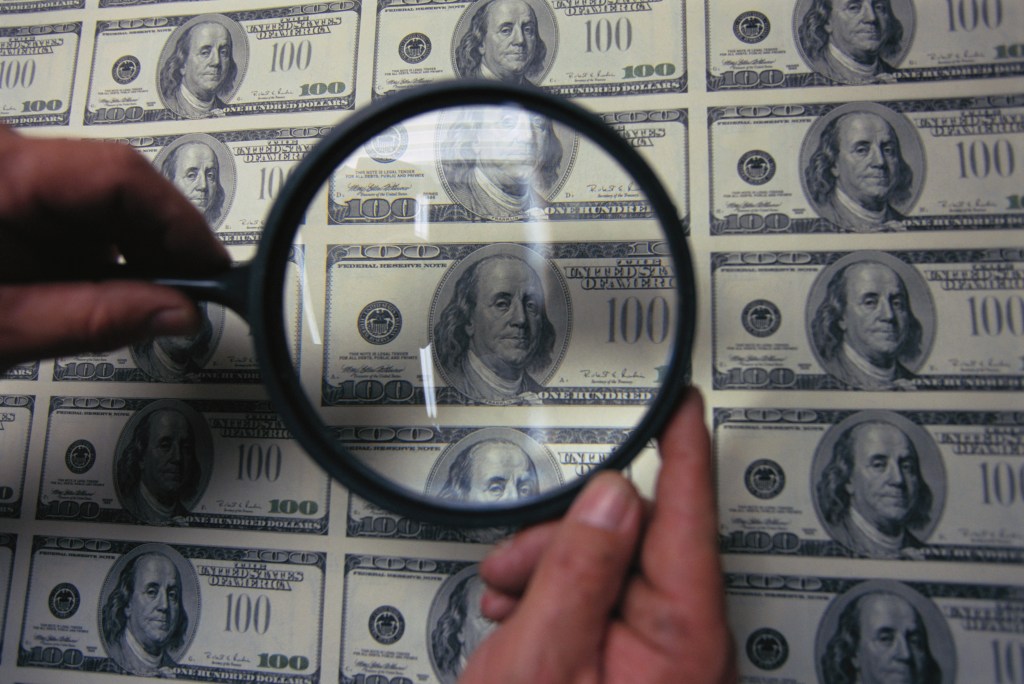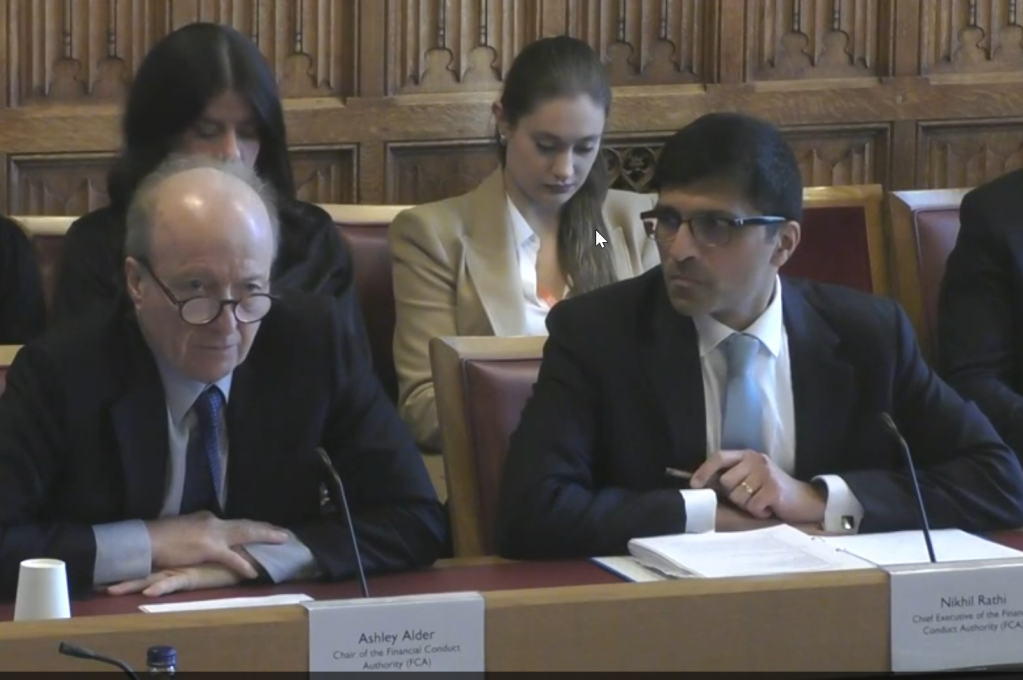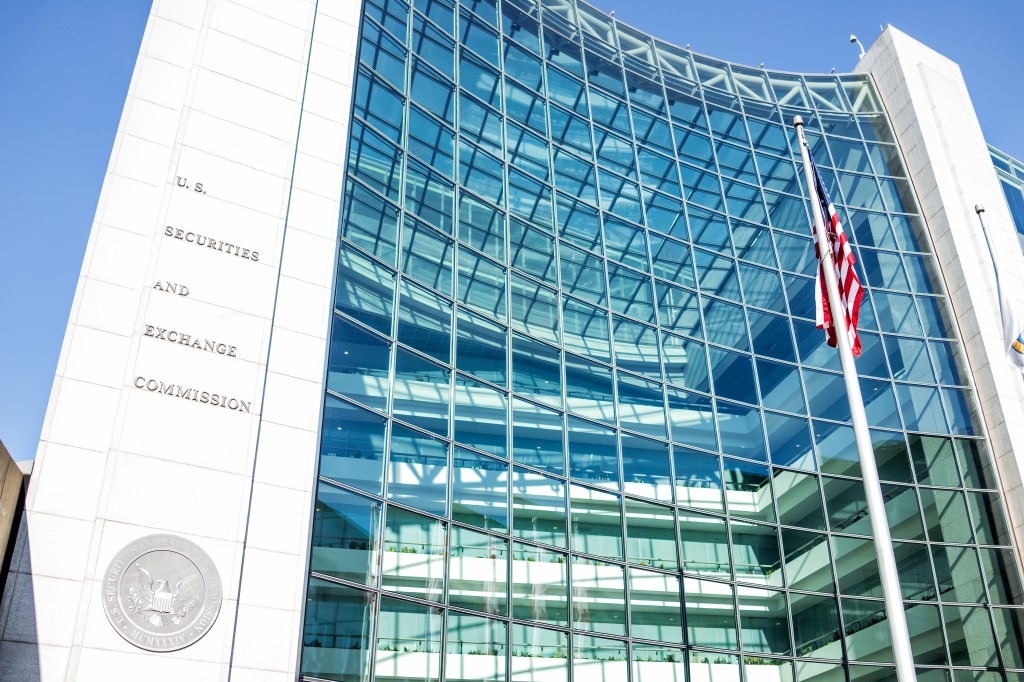The DOJ is adopting its very first whistleblower incentive program. The Department of Justice’s (DOJ) Deputy Attorney General Lisa Monaco announced the move during prepared remarks at the American Bar Association’s 39th National Institute on White Collar Crime.
She likened these efforts to “the days of ‘Wanted’ posters across the Old West,” noting that law enforcement has traditionally benefitted from offering rewards for tips and information.
The DOJ expects the program to incentivize individuals who might not otherwise come forward to report corporate misconduct to the government. As Monaco stated: “The premise is simple: if an individual helps DOJ discover significant corporate or financial misconduct – otherwise unknown to [the DOJ] – then the individual could qualify to receive a portion of the resulting forfeiture.”
According to Monaco, existing whistleblower programs employed by the SEC, the Commodity Futures Trading Commission (CFTC), the Financial Crimes Enforcement Network, (FinCEN) and the Internal Revenue Service (IRS) are often unable to “address the full range of corporate and financial misconduct” as they are limited to the agencies’ specific jurisdictions.
“These programs have proven indispensable – but they resemble a patchwork quilt that doesn’t cover the whole bed. They simply don’t address the full range of corporate and financial misconduct that the Department prosecutes,” she said.
“Used proactively, this program will fill gaps … create new incentives for individuals to report misconduct.”
Lisa Monaco, Deputy AG, DOJ
The DOJ’s program is intended to fill the gaps that still exist in federal agency efforts to patrol and investigate corporate misconduct. Monaco explained that these incentives relatively mirror whistleblower programs that exist to support the False Claims Act and that are already offered by the SEC, CFTC, FinCEN, IRS, and others, which allow whistleblowers to take a share of monetary penalties collected by the government.
By implementing this program, Monaco said the DOJ is hoping to receive reports regarding:
- criminal abuses of the United States’ financial system;
- foreign corruption cases, including Foreign Corrupt Practices Act (FCPA) violations and Foreign Extortion Prevention Act (FEPA) violations; and
- domestic corruption cases, especially those that involve illegal corporate payments to government officials.
“Used proactively, this program will fill gaps,” she said. The DOJ plans to announce the details of the program in approximately 90 days and launch it this year. The program will “create new incentives for individuals to report misconduct,” Monaco added.
Whistleblower rewards
Monaco identified four guardrails for the program within which the DOJ would offer payments to tipsters:
- only after all victims have been properly compensated;
- only to those who submit truthful information not already known to the government;
- only to those not involved in the criminal activity itself;
- and only in cases where there isn’t an existing financial disclosure incentive — including qui tam or another federal whistleblower program.
One noteworthy aspect of the new whistleblower reward program is that it will significantly broaden the scope of Foreign Corrupt Practices Act (FCPA) violations for which whistleblowers could qualify for awards.
“Justice needs to understand that by failing to follow the basic tenets of the most successful whistleblower laws ever enacted, their program is starting off on the wrong foot.”
Stephen Kohn, whistleblower attorney, Kohn, Kohn & Colapinto
The SEC whistleblower program pays awards for Foreign Corrupt Practices Act (FCPA) violations committed by issuers and can pay related action rewards when the DOJ takes an enforcement action – but only based on the same original information that the whistleblower gave to the SEC which leads to the SEC obtaining an order for sanctions totaling more than $1m. The CFTC offers potential awards for whistleblower disclosures about violations of the Commodity Exchange Act involving FCPA misconduct.
So, until the arrival of this new DOJ whistleblower pilot program, prospective whistleblowers have not had an incentive to report FCPA violations that do not fall within the jurisdiction of the SEC or CFTC.
Criticism of new program
Stephen Kohn, whistleblower attorney with Kohn, Kohn & Colapinto in Washington, DC, and chairman of the National Whistleblower Center, criticized the DOJ’s intention to pay rewards only to people who aren’t also involved in criminal activity.
“The Justice Department’s decision to exclude persons who may have had some involvement in the criminal activity is a step backwards,” he said.
“When the False Claims Act was signed into law by President Abraham Lincoln in 1863 it was widely understood that the award laws worked best when they induced persons who were part of the conspiracy to turn in their former associates in crime,” he added. “Justice needs to understand that by failing to follow the basic tenets of the most successful whistleblower laws ever enacted, their program is starting off on the wrong foot.”
Cooperation program and whistleblower awards
Monaco mentioned how the DOJ has implemented new policies on voluntary self-disclosure, noting that “when a business discovers that its employees broke the law, the company is far better off reporting the violation than waiting for DOJ to discover it”. And that when the DOJ does discover the violation, the company can still reduce its exposure by proactively cooperating in the investigation.
Monaco said: “But I want to be clear: no matter how good a company’s cooperation, a resolution will always be more favorable with voluntary self-disclosure.”
She said the agency has structured its self-reporting initiative (and the benefits it provides companies) around the company’s “willingness to step up and own up,” meaning disgorging profits, upgrading compliance systems, and cooperating in investigations of culpable employees.
She said the DOJ wants to empower general counsel and compliance officers by helping them make the business case for investing in compliance. “And when they do, they can point to our policies,” Monaco said.
She said DOJ offices are starting to explore variations to the cooperation credit regime, with at least two US Attorney’s Offices – led by the Southern District of New York and recently the Northern District of California – piloting initiatives that are voluntary self-disclosure programs for individuals.
Both are offering non-prosecution agreements to certain categories of at-fault individuals who self-disclose wrongdoing and cooperate against other, more culpable, targets. “We look forward to evaluating the results of these pilots and determining what’s to come later this year,” she said.
It is the connection between encouraging more reporting by companies and individuals that has prompted this new whistleblower reward program, she said, to engage traditional corporate information providers that can lead to needed investigations – and more effective ones.
GRIP Comment
The largest law enforcement agency in the world adopting a new whistleblower reward program is noteworthy. The program expands the methods by which it can better capture the information it needs to investigate and penalize wrongdoing, while also further encouraging prompt self-reporting by businesses.
Businesses would be wise to do a review of their whistleblower programs to ensure they don’t just exist on paper, testing to ensure all employees know about the program. Even if they have, consider diving deeper into their understanding of how it operates and what misconduct they should report. While you might know a decent amount from your vantage point, it might just be just words on a poster they see in a hallway.
Understand where the knowledge gaps are, so you can enhance and improve the ongoing communication about your program. And test those internal controls that alert you to when the hotline portals have been accessed.
Your compliance, legal and HR teams might also need some reminders on recent developments in the whistleblower arena – from regulators’ rejection of language in severance (and other) agreements to the impact of a recent Supreme Court decision giving whistleblowers an easier path to win the retaliation lawsuits they file.












